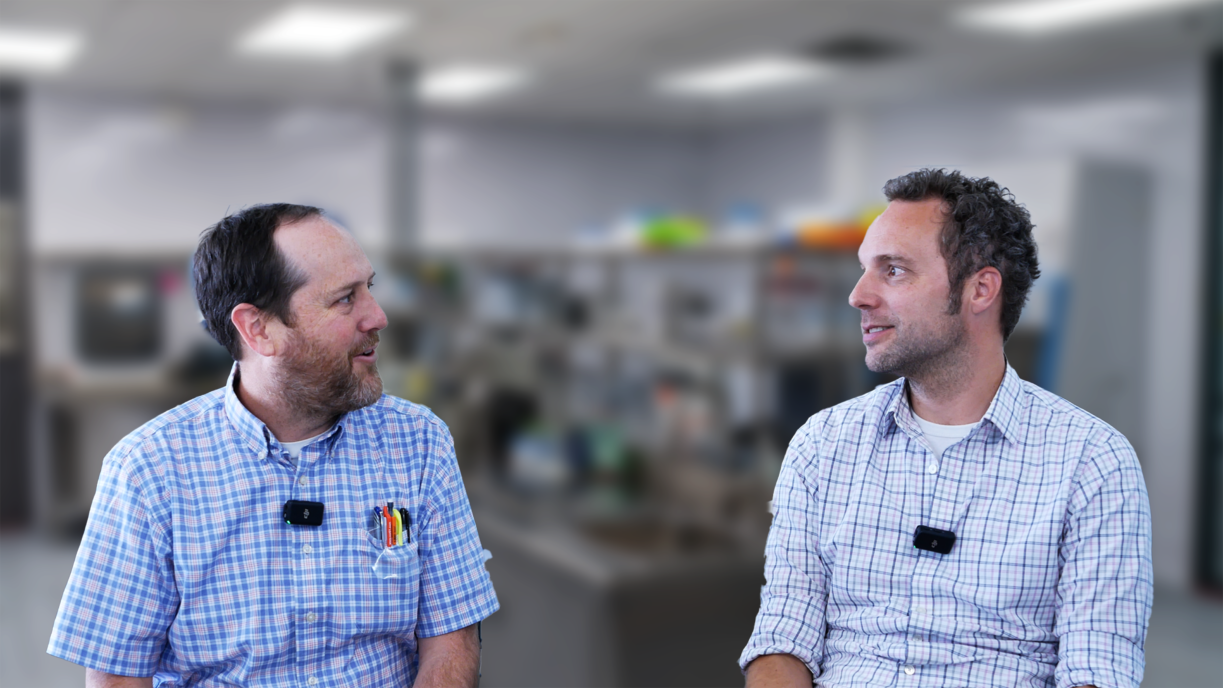
Bio Break: Microbes – Heroes of Medicine
In this episode of Bio Break, Joris and Nick explore the fascinating ways microbes and nature inspire medical innovations, showing how these tiny organisms play an outsized role in advancing healthcare and biotechnology. From lifesaving antibiotics like penicillin to revolutionary technologies like CRISPR-Cas9, they dive deep into the surprising and transformative contributions of microbes to medicine, shedding light on their critical role in shaping modern science and improving patient outcomes.
The discussion begins with Nick reflecting on how bacteria, often seen as enemies, can also be powerful allies. He highlights the production of recombinant medicines, such as insulin, using genetically modified E. coli, a groundbreaking achievement in the 1970s that paved the way for modern biopharmaceuticals.
Joris introduces the discovery of penicillin, a game-changer in combating bacterial infections, and explains how its origins lie in the natural interactions between fungi and bacteria. Found on a cantaloupe in the late 1920s, penicillin was developed into the world’s first antibiotic, saving countless lives.
The episode also dives into the incredible innovation of CRISPR-Cas9, a gene-editing tool derived from bacterial immune systems. This Nobel Prize-winning technology acts like molecular scissors, enabling precise edits to genetic material and opening new possibilities in treating genetic disorders and developing advanced therapies.
Key takeaways from the episode include:
- How microbes are harnessed to produce essential medicines like insulin and penicillin.
- The role of bacteriophages and CRISPR-Cas9 in advancing genetic research and treatment.
- The importance of fundamental research in understanding nature’s mechanisms and applying them to medical device development and biopharmaceuticals.
This episode showcases the profound impact of microbial research on healthcare, highlighting how innovations inspired by nature continue to revolutionize medicine.
Whether you’re a medical device developer, biotech researcher, or healthcare professional, this episode will inspire you to see the potential of nature’s smallest organisms in solving humanity’s greatest challenges.
Microbes – Heroes of Medicine
Related Resources
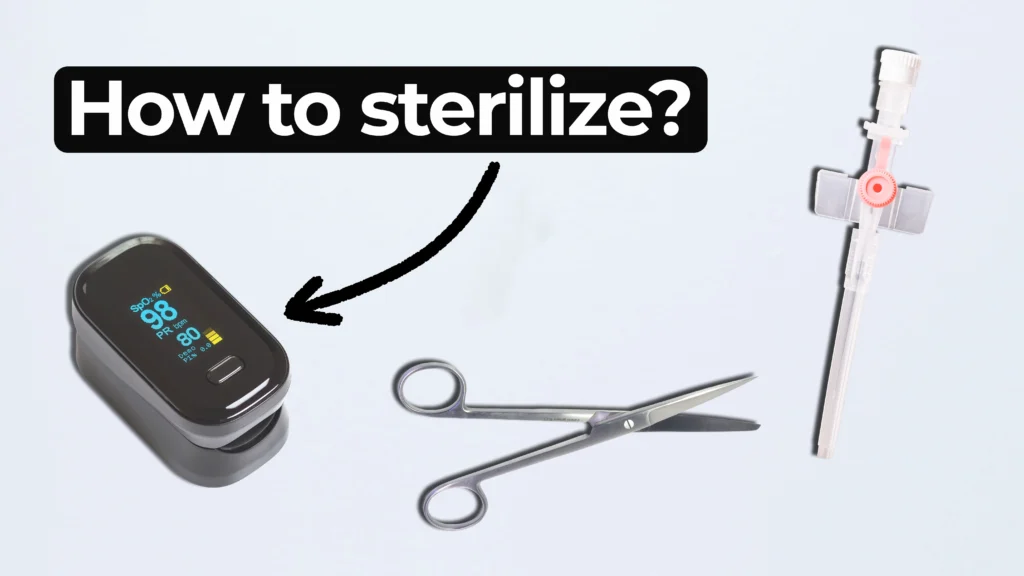
Ariana and Mark walk through FDA-approved options and explain how to select the right one for your product. From metals to plastics and electronics, not all devices can handle the same process.
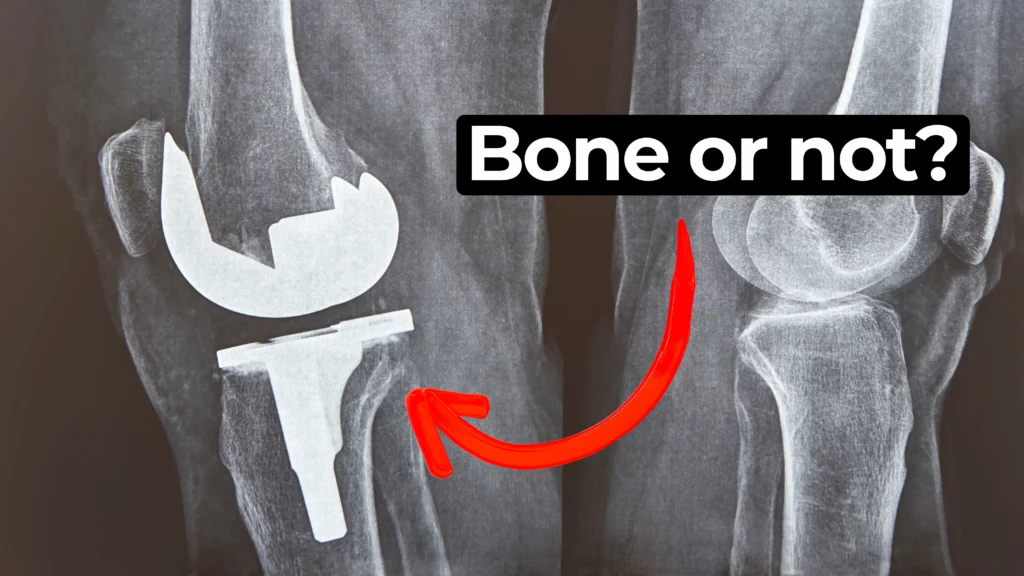
In this episode of MedDevice by Design, Ariana and Mark dive into the biomechanics and materials science behind osseointegration for implants.
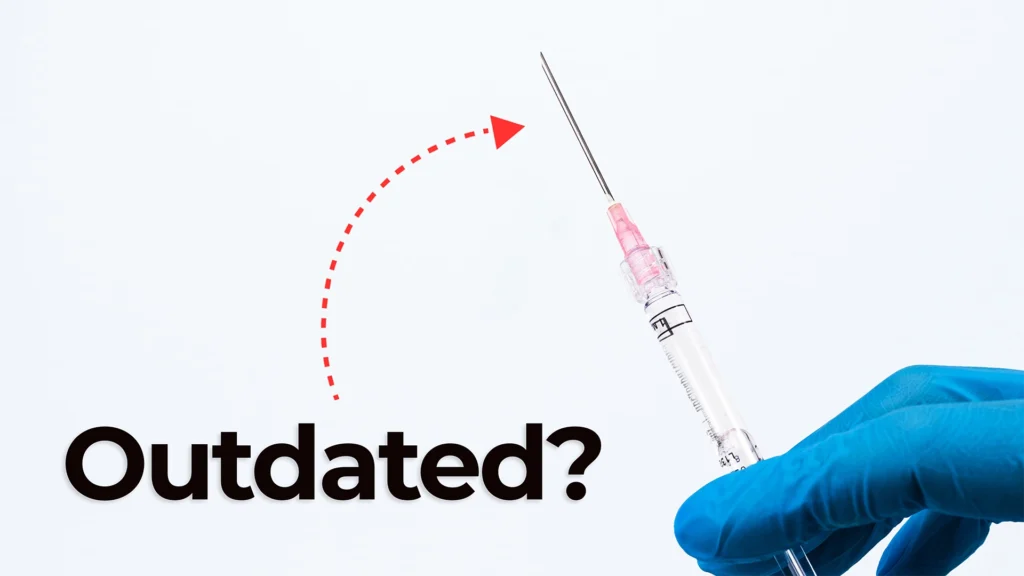
Nick and Nigel dive into the world of jet injector drug delivery. This needle-free method, made popular in science fiction and real-world vaccines, is still used today.
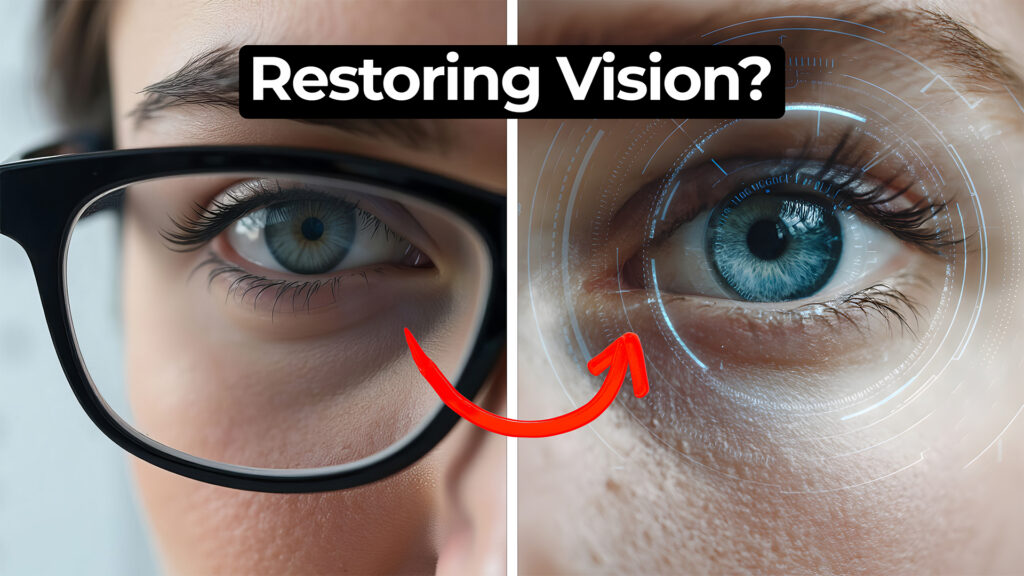
Ariana and Mark explore how accommodative intraocular lens technology may one day restore natural vision for people who require cataract surgery or suffer from presbyopia. As Mark shares, traditional bifocals are not ideal, and new lens solutions may offer better outcomes.